Après avoir abordé le sujet de l’apprentissage de la propreté dans notre article précédent, il nous tenait à cœur d’approfondir celui de l’énurésie nocturne. En effet, passé l’âge de 4-5 ans, on ne parle plus de propreté car on estime que celle-ci doit être acquise par l’enfant lors de sa première rentrée scolaire. Si ce n’est pas le cas, le sujet devient tabou. Pourtant, entre 10 à 20% des enfants entre 5 et 7 ans ne sont pas encore propres la nuit.
Chacun se développe à son rythme mais, en tant que parents, nous avons tendance à leur mettre la pression par peur du regard des autres et des moqueries. Une inquiétude fondée quand on voit que notre société compare en permanence l’évolution des enfants. Avant tout, il est primordial d’oser en parler à son pédiatre et à son entourage. C’est comme ça que l’on réalise que notre enfant n’est pas un cas isolé.
Suite à un vécu personnel avec ce sujet, je (Natalie) trouvais important de partager plus d’informations sur l’énurésie nocturne. Nous avons rencontré le Dre Sophie Guillot, spécialiste en pédiatrie à la Clinique de Carouge qui a répondu à nos questions.
Nous espérons, grâce à cet article, que vous trouverez du réconfort et des réponses pour traverser cette phase délicate tant pour les enfants que les parents.
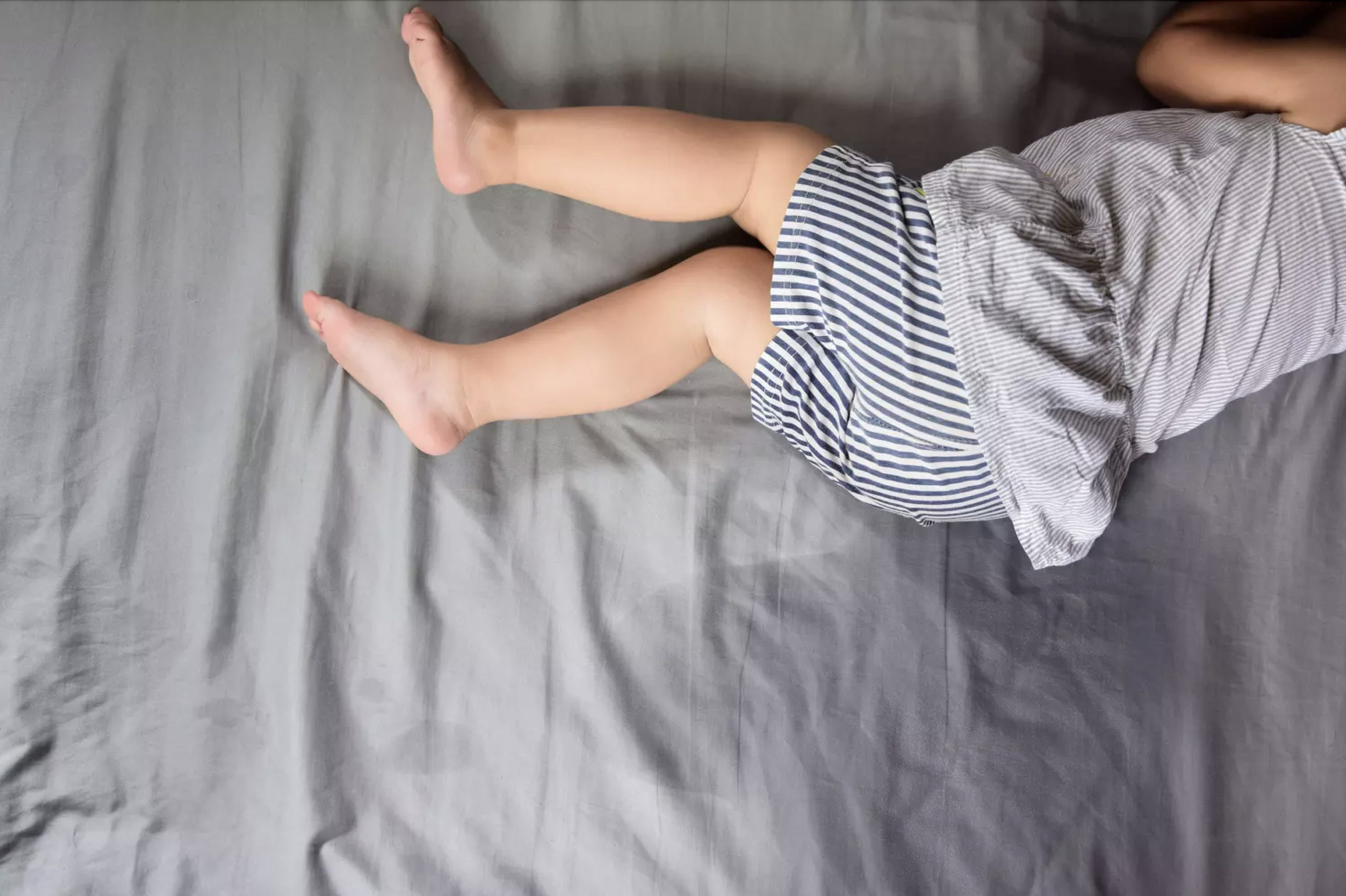
Qu’est-ce que l’énurésie nocturne ?
L’énurésie nocturne est le fait d’avoir des mictions incontrôlées après l’âge de 5 ans, uniquement durant la nuit. Il faut bien différencier l’énurésie nocturne d’une énurésie qui a lieu également la journée (diurne). L’énurésie peut être primaire (l’enfant n’a jamais été propre) ou secondaire (l’enfant a été propre pendant au moins 6 mois).
Quelles sont les statistiques concernant l’énurésie nocturne ?
En général, 15 à 20% des enfants ont acquis la propreté nocturne à 3 ans, 70 à 80% à 4 ans, 80 à 90% à 5 ans et 98 à 99% à l’adolescence. Je n’ai pas connaissance de statistiques qui différencient spécifiquement les filles et les garçons pour l’énurésie nocturne. Pour l’acquisition de la propreté en revanche, on remarque qu’elle est un peu plus précoce chez les filles, à l’âge de 3 ans, 84% des filles ont acquis la propreté diurne contre 53% des garçons.
Est-ce un problème héréditaire ?
Il semble qu’il y ait en effet une probable composante génétique, car si un des parents a présenté une énurésie nocturne, la probabilité que l’enfant ait une énurésie nocturne est de 45 à 50%, si les deux parents étaient énurétiques, la probabilité augmente à 70% voire 80%.
Les parents n’en parlent pas ou peu, c’est un sujet tabou, pourquoi ?
Le sujet est tabou, car je pense qu’il est associé à de la culpabilité, tant pour les parents que pour l’enfant. Je crois, que les parents vivent cette situation comme un échec et se demandent s’ils ont fait quelque chose de mal ou ce qu’ils ont « raté ». La propreté est vue comme une des étapes importantes du développement, comme la marche ou le langage, le fait de ne pas réussir à l’acquérir complètement est souvent mal vécu. Il y a aussi, je pense, beaucoup de pression sociale qui pèse tant sur les parents que sur l’enfant, par exemple l’entourage familial, l’école. Le regard des autres est difficile à vivre et peut être très problématique dans certaines situations comme un camp avec la classe, dormir chez des amis.
Faut-il s’inquiéter de l’énurésie nocturne chez son enfant ?
Je dirais que d’une manière générale, l’inquiétude ne va pas favoriser la résolution de l’énurésie, il n’y a pas lieu de s’inquiéter, mais il est important de ne pas ignorer le sujet et d’en discuter avec son pédiatre, qui évaluera la nécessité de faire d’éventuels examens complémentaires et prodiguera des conseils adaptés sur la prise en charge.
Faut-il pousser l’enfant à retirer la couche ?
Oui, il est préférable de renoncer à la couche pour avancer dans cet apprentissage, bien que cela puisse être fastidieux.
Est-ce un problème physique ou plutôt psychologique ?
Étant donné qu’il y a de plus en plus d’évidence sur une probable origine génétique à l’énurésie, je dirais que c’est dans la plupart des cas une problématique plutôt physiologique. On l’associe parfois à des structures de sommeil profond. Toutefois, il est important de préciser que l’étiologie n’est pas encore complètement comprise. Il est par ailleurs très important d’en discuter avec le pédiatre afin de s’assurer que l’énurésie n’est pas liée à une pathologie sous-jacente (p.ex polyurie dans le cadre d’un diabète, infection, constipation) et que c’est bien une énurésie isolée. Bien évidemment, il y a aussi des facteurs psychologiques qui peuvent rentrer en ligne de compte, pas forcément comme une cause de l’énurésie mais plutôt comme des facteurs pouvant influencer la réussite ou non des mesures mises en place. Il faut également préciser que l’énurésie nocturne isolée n’est pas considérée comme une maladie, mais comme une variation du contrôle normal de la vessie, qui finit par disparaître.
Si l’enfant en souffre et le verbalise, comment l’accompagner ?
Il est important d’en parler avec lui, de le rassurer quant au fait que c’est une situation relativement fréquente et qui va finir par se régler. Il faut faire preuve de compréhension, de patience. Il faut communiquer ouvertement sur le sujet avec l’enfant. Il faut dans tous les cas éviter la stigmatisation, les menaces, les punitions ou l’humiliation. Il faut le valoriser au maximum pour maximiser l’estime de soi, qui est souvent mise à mal dans la problématique de l’énurésie nocturne.
Comment diagnostique-t-on une énurésie ?
Le diagnostic de l’énurésie nocturne se fait au moyen de l’anamnèse (interrogatoire). Il n’y a pas d’examens complémentaires qui donnent le diagnostic d’énurésie. Certains examens peuvent toutefois être indiqués pour éliminer la présence d’une pathologie sous-jacente.
Quelles solutions existent ?
En première intention, on propose en général des mesures comportementales : adaptation des quantités de boissons, diminuer la prise hydrique en fin de journée, dernière miction juste avant d’aller au lit, éviter le port de couches. On peut également impliquer l’enfant en faisant par exemple un calendrier mictionnel avec des dessins ou des gommettes, représentant les nuits sèches et les nuits mouillées. Il y a aussi la possibilité d’utiliser des dispositifs d’alarme, connus en Suisse sous le nom de « stop-pipi », qui sonnent dès les 1ères gouttes de pipi et encouragent l’enfant à se réveiller pour aller faire pipi. Il est également possible d’associer un traitement médicamenteux, la desmopressine, un analogue de synthèse d’une hormone, l’hormone antidiurétique, qui va diminuer le débit urinaire nocturne.
Que pensez-vous du « stop-pipi » ? De la prise de médicaments ?
Le « stop-pipi » est une méthode plutôt efficace, avec un taux de réussite d’environ 70% à 80% et peu de rechute. Il est toutefois relativement contraignant avec des réveils nocturnes plus ou moins fréquents et doit être fait en général sur une période de 3-4 mois. Le taux de rechute avec cette méthode est faible et elle est considérée comme la plus efficace. La prise de médicament (desmopressine) a à peu près le même taux d’efficacité (env 70%) et est plus facile à administrer (possibilité d’administration intranasale). Cependant le risque de rechute après arrêt du traitement est bien plus élevé. Le traitement est à poursuivre sur 3 mois. Il peut également être utilisé sur de courtes périodes pour des activités spécifiques, p.ex camp, dormir à l’extérieur.
Quelles astuces pour accompagner son enfant ?
Les astuces pour accompagner l’enfant sont : la répartition des apports hydriques, miction avant le coucher, calendrier mictionnel, éviter les couches, pourquoi pas l’utilisation d’une culotte d’apprentissage (mais dans le sommeil, je ne suis pas sûre que cela change beaucoup par rapport à une culotte normale), éventuellement stop-pipi ou desmopressine, selon souhait des parents et de l’enfant, et surtout patience, écoute, réassurance et soutien à l’enfant.
Quels sont vos conseils pour les parents qui rencontrent cette problématique et s’en inquiètent ?
Mes conseils pour les parents sont de surtout ne pas s’inquiéter, éviter toute forme de culpabilité, éviter de se mettre de la pression ou d’en mettre sur son enfant. Il faut qu’ils gardent en tête que dans la majorité des cas la maturation spontanée se fait et les symptômes disparaissent d’eux-mêmes lorsque l’enfant grandit. Il faut faire confiance à son enfant, le valoriser et favoriser une bonne estime de lui.


Dre Sophie Guillot
Spécialiste en pédiatrie, membre FMH
Clinique de Carouge
Av. Cardinal-Mermillod 1
1227 Carouge
022 309 45 20
www.cliniquedecarouge.ch/pediatrie
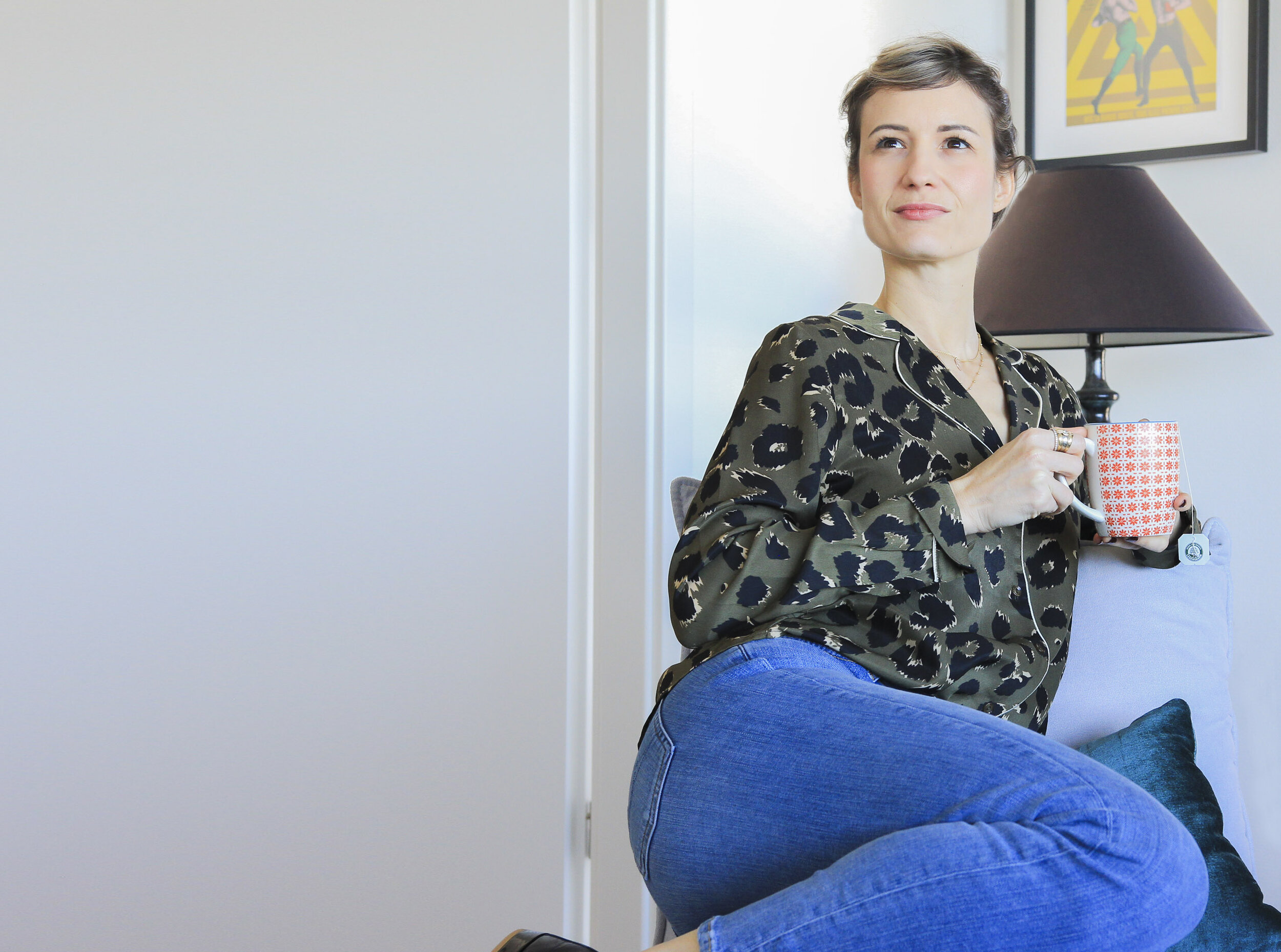
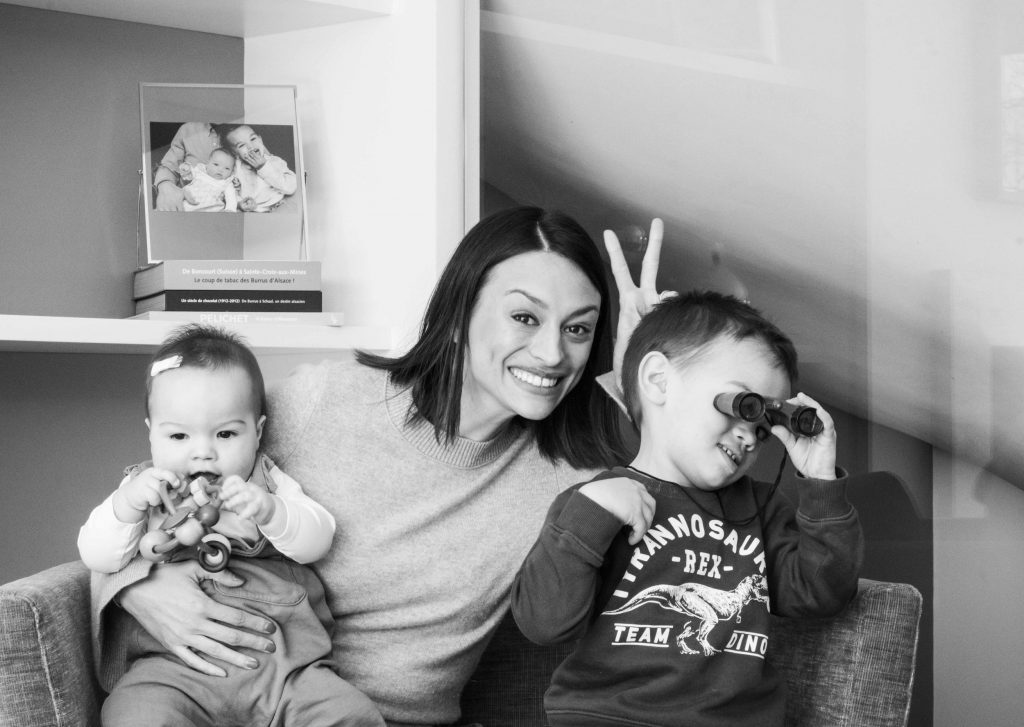
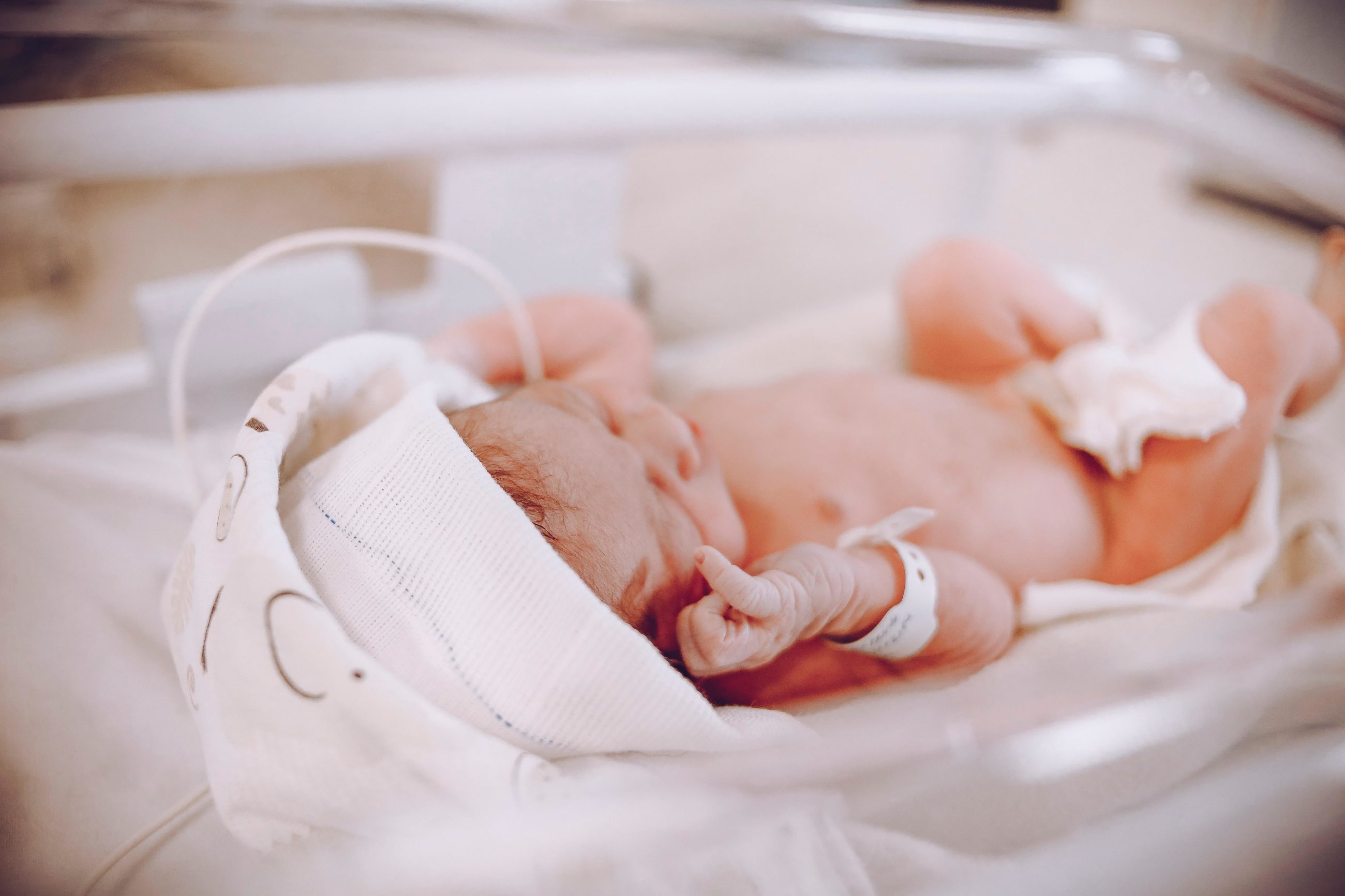
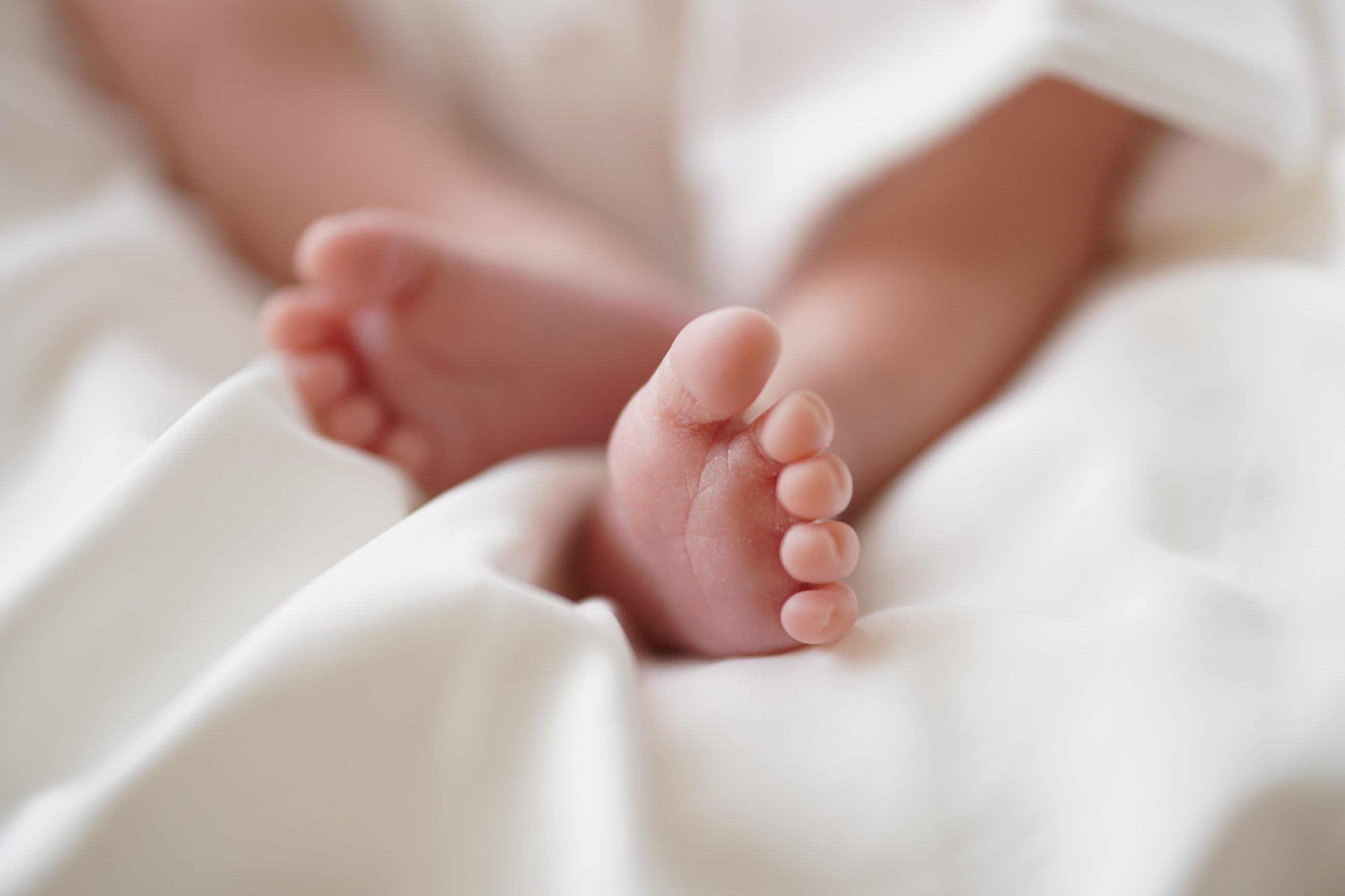
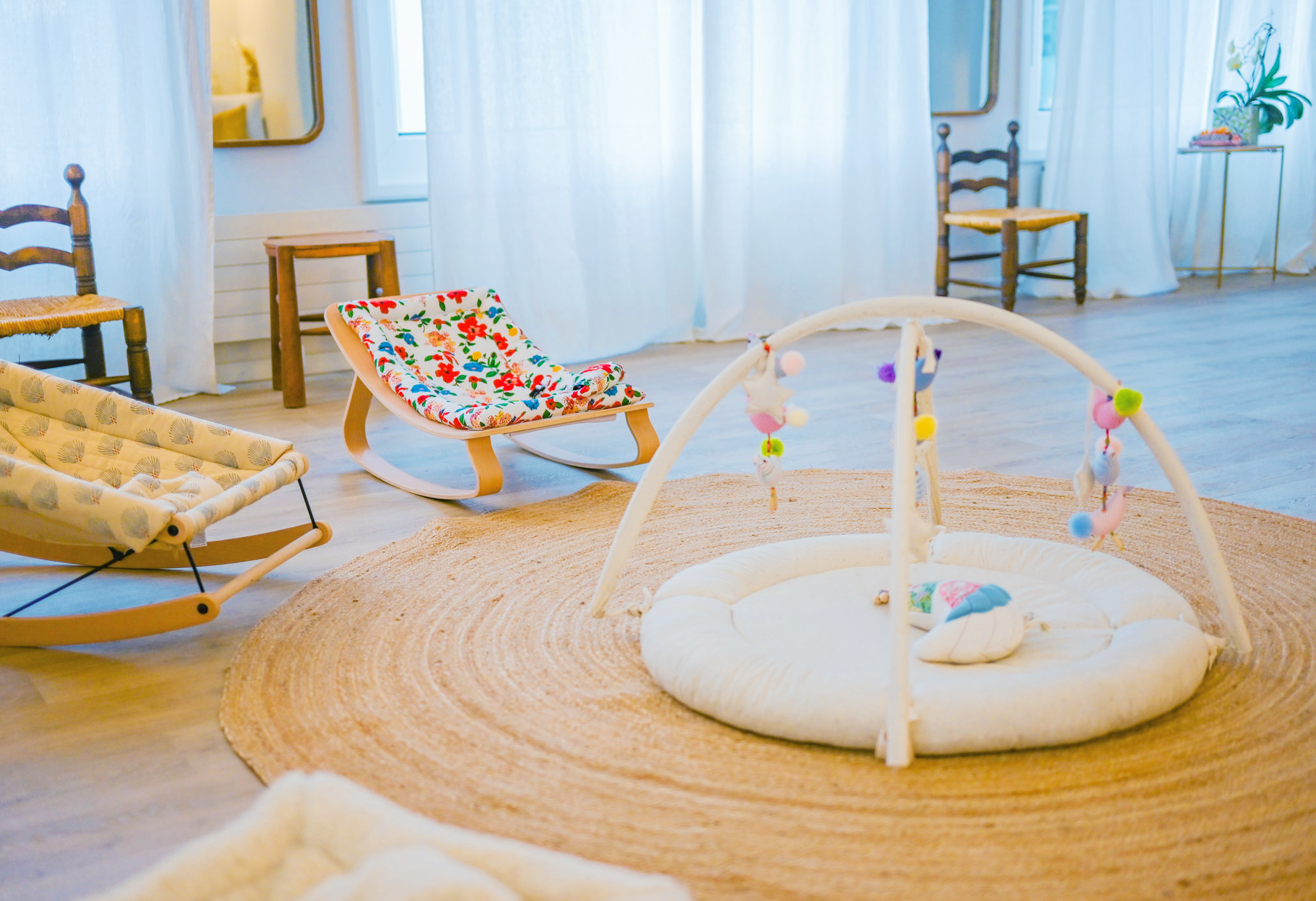
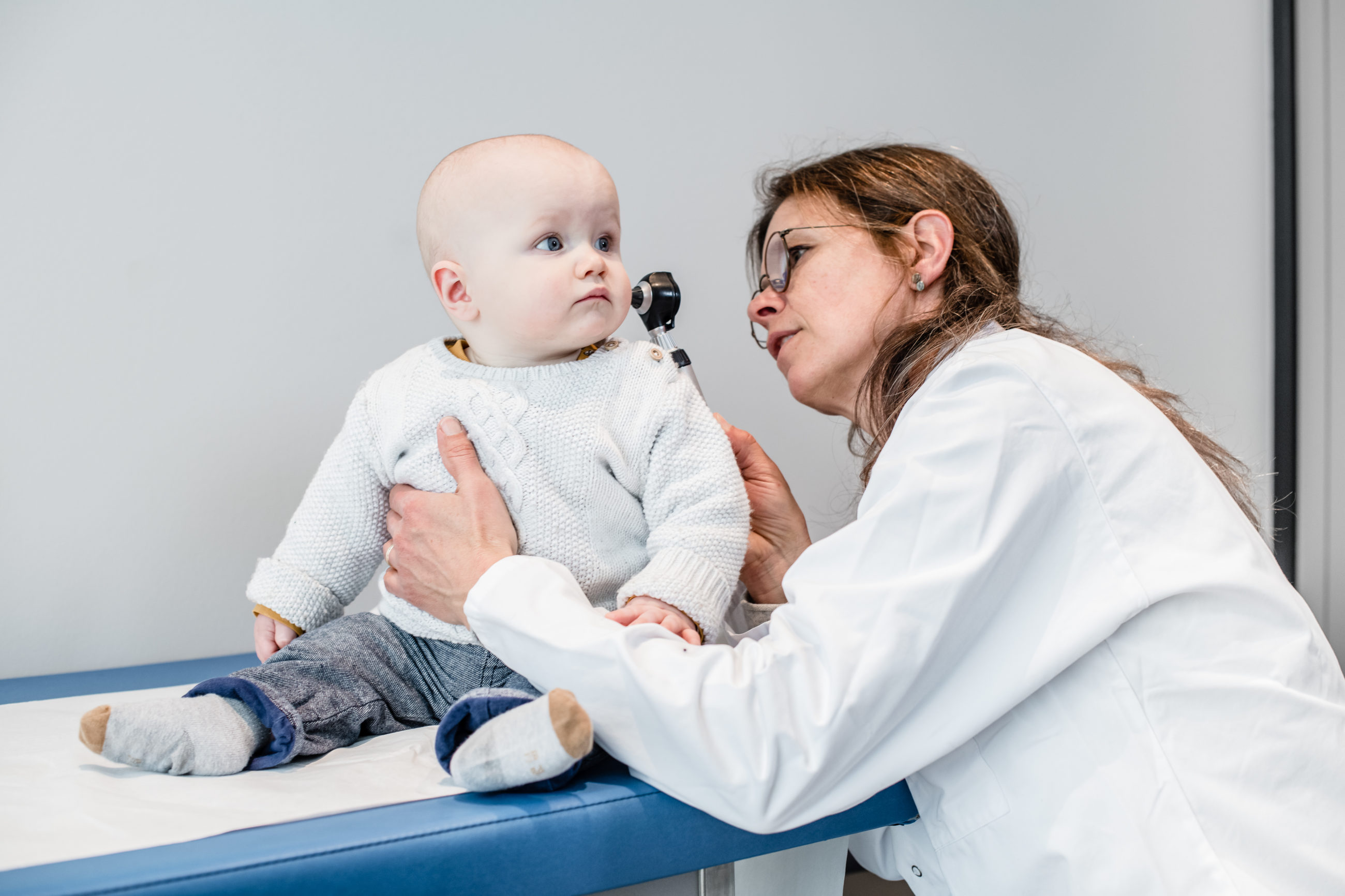
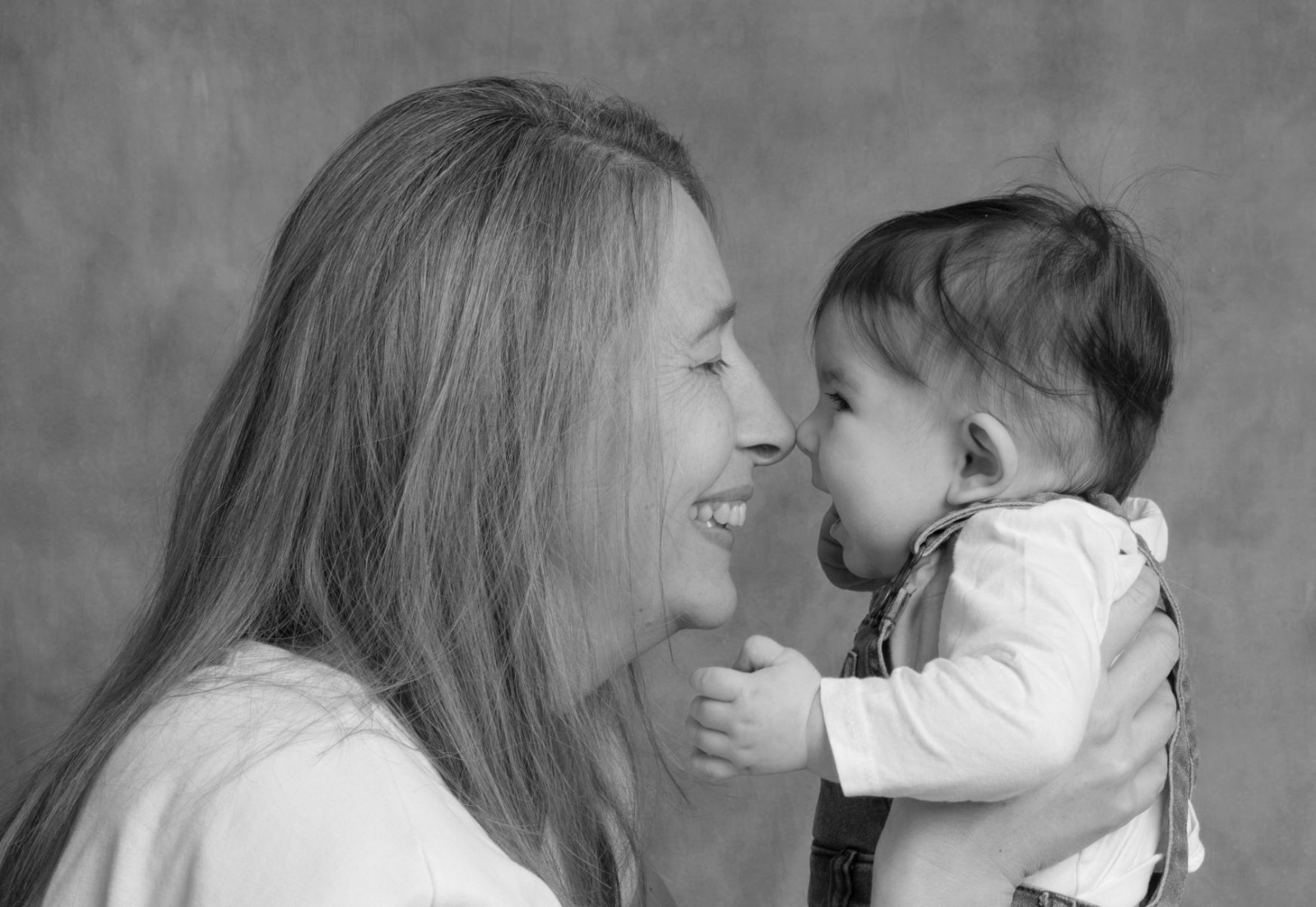
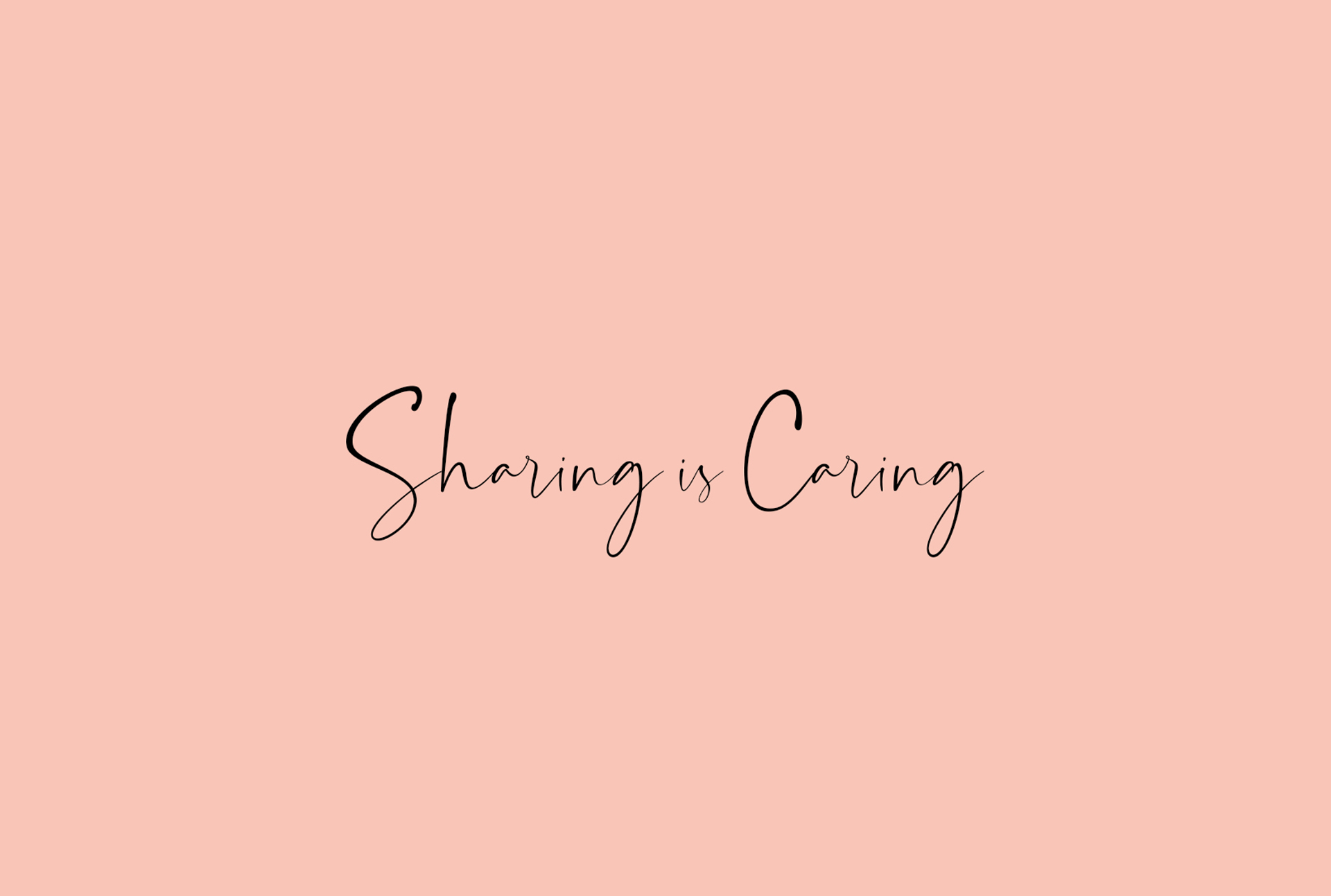
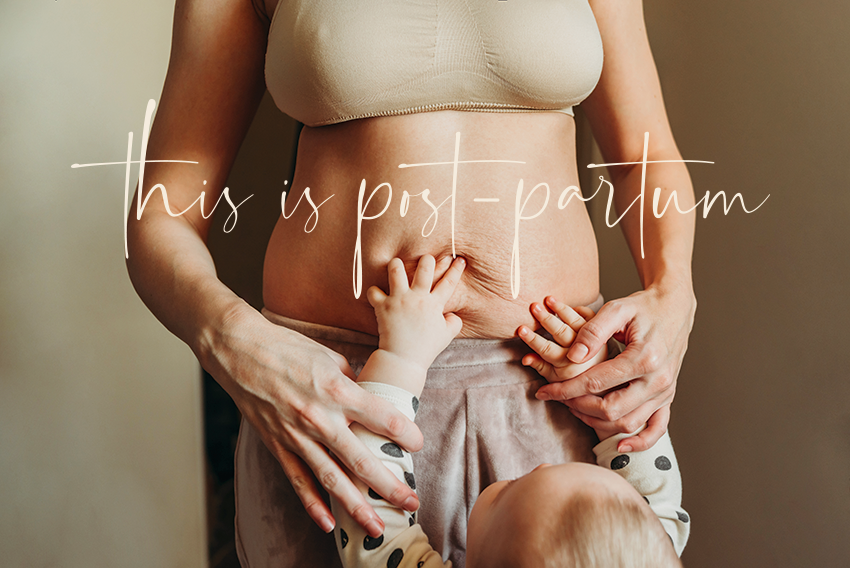



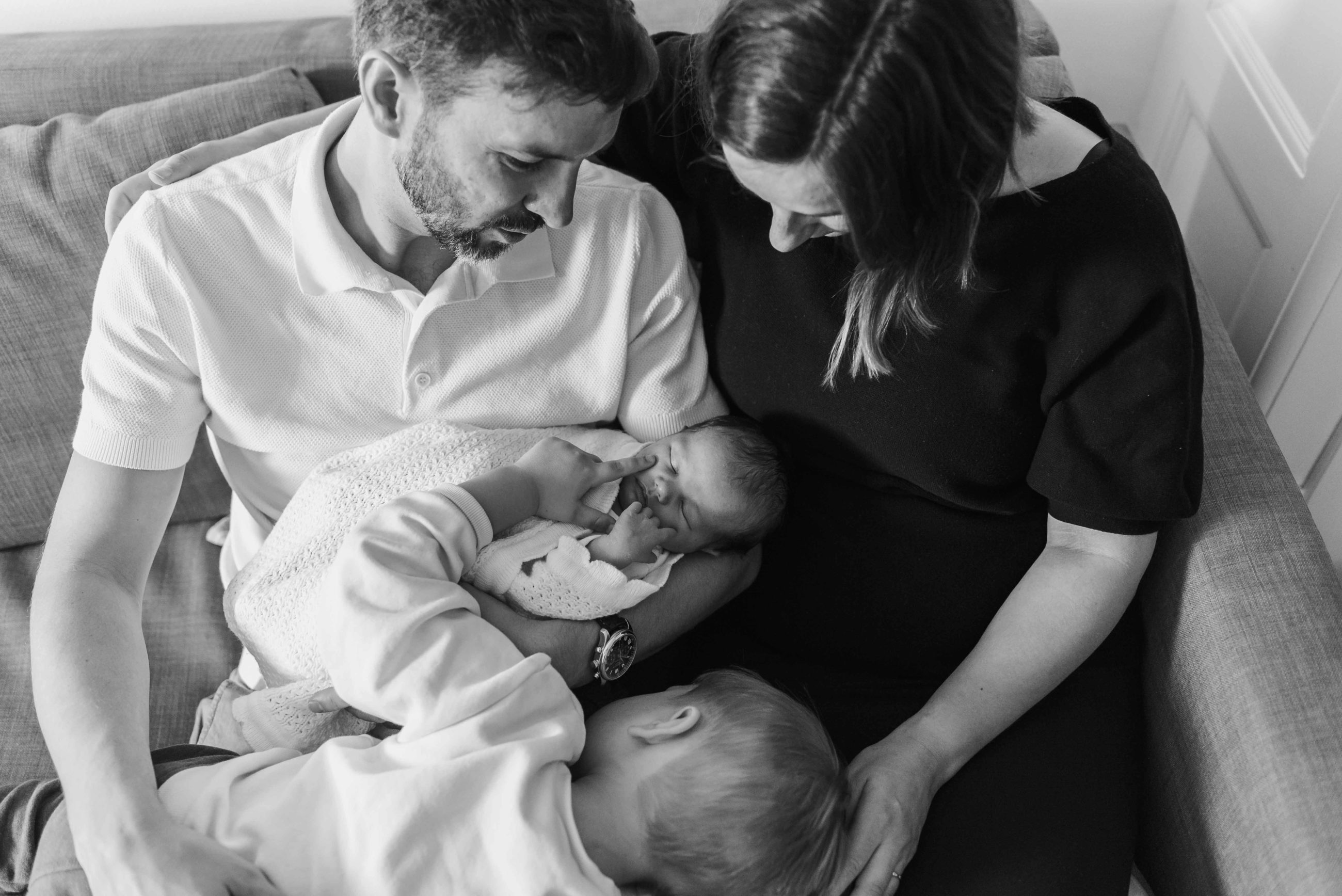

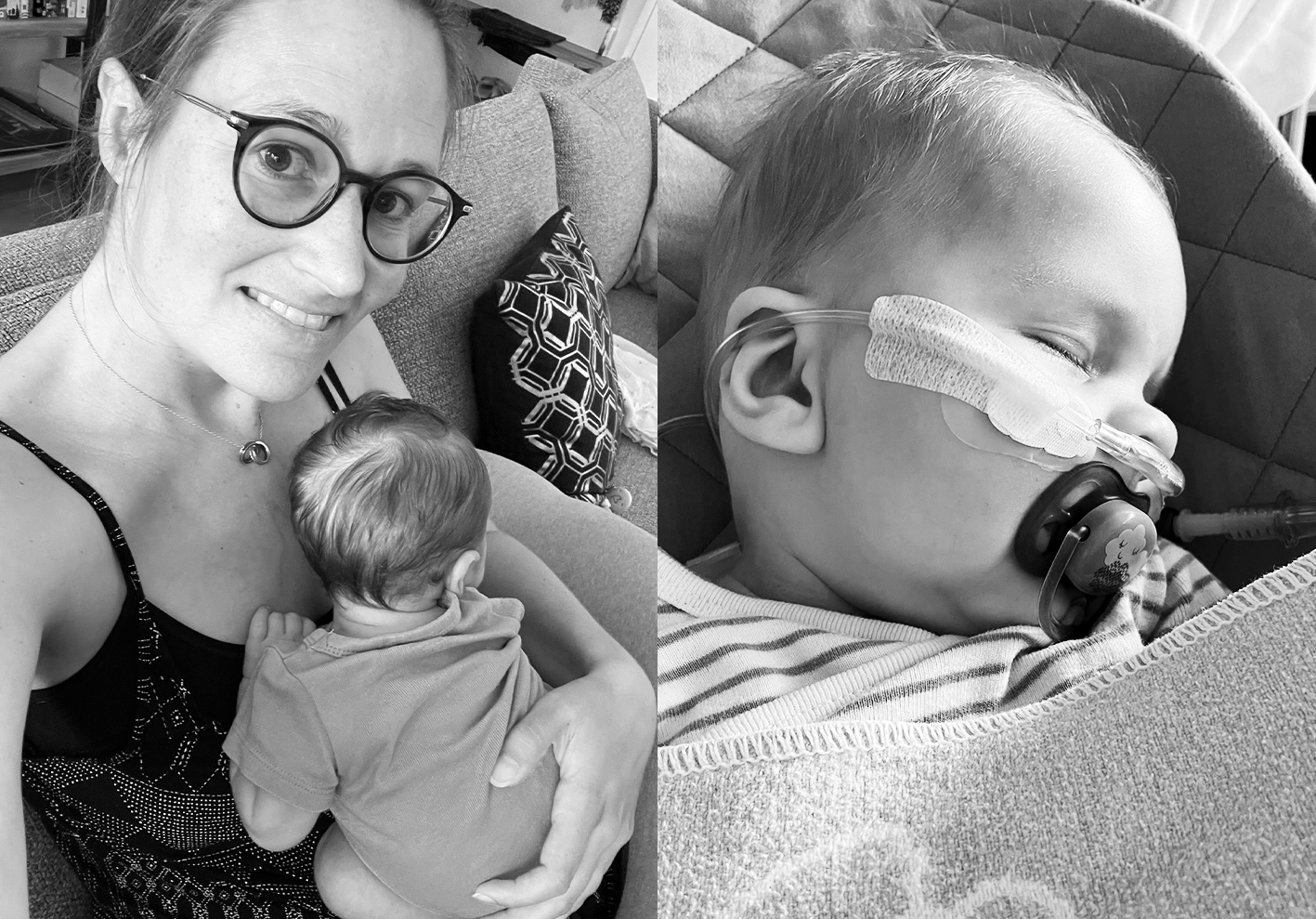


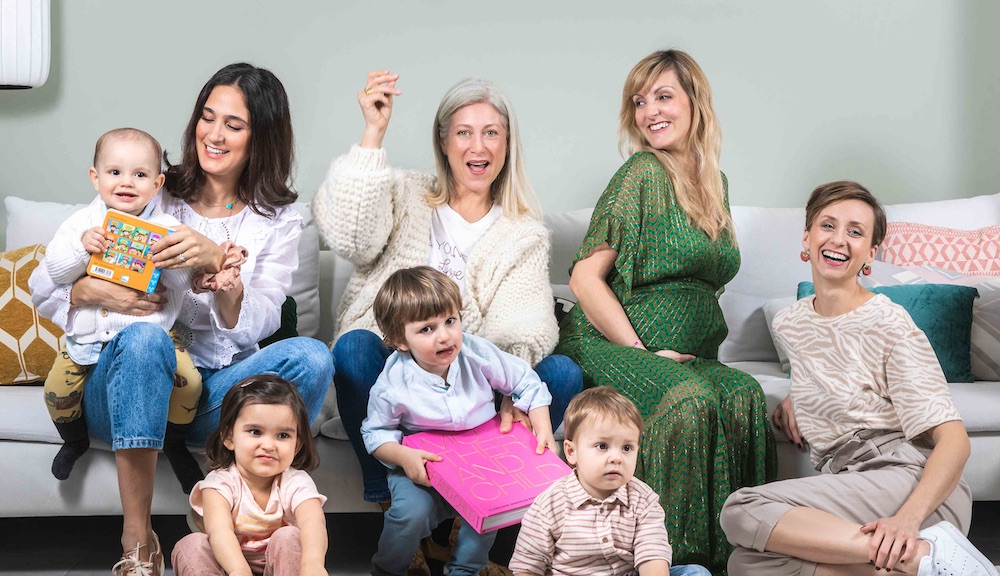


Partager cet article